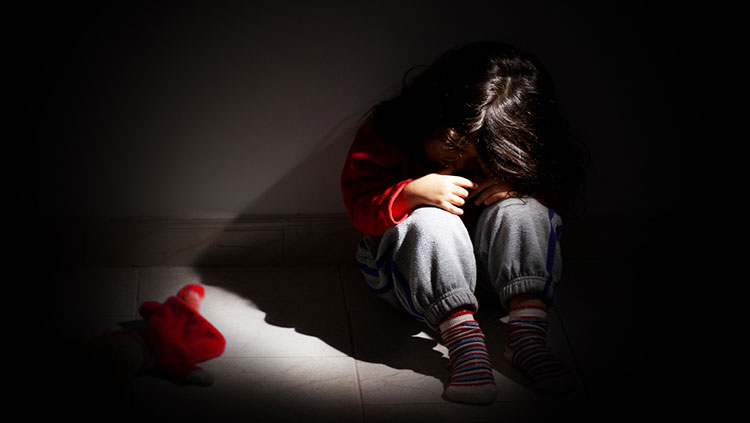In today’s ever-changing societal landscape, the traditional perceptions surrounding end-of-life practices are undergoing a remarkable transformation. Cremation services, once considered unconventional, are now emerging as a widely accepted and, in many cases, preferred choice for individuals and families. Explore the evolution of cremation services in today’s society, breaking taboos and embracing simplicity with the concept of direct cremation sydney. This article explores the evolution of cremation services, shedding light on how societal attitudes have shifted, and how breaking taboos surrounding cremation has become a significant aspect of contemporary end-of-life discussions.
Historical Context and Cultural Shifts
Throughout history, various cultures have held diverse beliefs and practices regarding death and burial. The acceptance of cremation has evolved over time, influenced by cultural, religious, and societal factors. In many societies, cremation was once stigmatized or considered taboo, but shifting attitudes in recent decades have led to greater acceptance and normalization of this method.
Environmental Awareness
One of the driving forces behind the changing perception of cremation is the growing awareness of environmental impact. Traditional burial practices often involve the use of resources, land, and chemicals. Cremation, with its potential for reduced ecological footprint, aligns with the increasing environmental consciousness of individuals and communities, contributing to its broader acceptance.
Flexibility in Memorialization
Cremation offers a level of flexibility and personalization that traditional burial may not provide. Families can choose from a variety of options for memorialization, including scattering ashes in meaningful locations, creating custom urns or keepsakes, and organizing unique ceremonies. This flexibility allows individuals to tailor end-of-life rituals to better reflect the wishes and personality of the departed.
Rising Cost Considerations
Financial considerations also play a role in the evolving preference for cremation. Traditional burials can be associated with higher costs, including cemetery fees, caskets, and burial plots. Cremation services, often more cost-effective, provide an alternative that appeals to individuals seeking a more budget-friendly option while still maintaining a dignified farewell.
Changing Religious Perspectives
While some religious traditions historically discouraged cremation, many religious perspectives have adapted to accommodate this practice. A growing number of religious institutions now permit or fully endorse cremation, recognizing the changing needs and preferences of their congregants. This shift has contributed to the overall acceptance of cremation within diverse religious communities.
Globalization and Cultural Exchange
Globalization and increased cultural exchange have facilitated the exchange of ideas and practices surrounding death rituals. As individuals from diverse cultural backgrounds interact and share their perspectives, there is a greater openness to considering alternative end-of-life practices, including cremation. This cross-cultural exchange contributes to the normalization of cremation services worldwide.
Educational Initiatives
Breaking taboos often requires education and open dialogue. As information becomes more accessible, individuals are better equipped to make informed decisions about end-of-life choices. Educational initiatives, both online and offline, have played a crucial role in dispelling myths and providing accurate information about the cremation process, fostering a more informed and accepting society.
Conclusion
The evolution of cremation services reflects the dynamic nature of societal attitudes toward death and commemoration. Breaking taboos surrounding cremation has been a gradual process, influenced by environmental considerations, financial factors, changing religious perspectives, and increased cultural exchange. As society continues to evolve, so too will the conversations and practices surrounding end-of-life choices, with cremation services becoming an integral and widely accepted part of the diverse tapestry of rituals that honor the departed.




